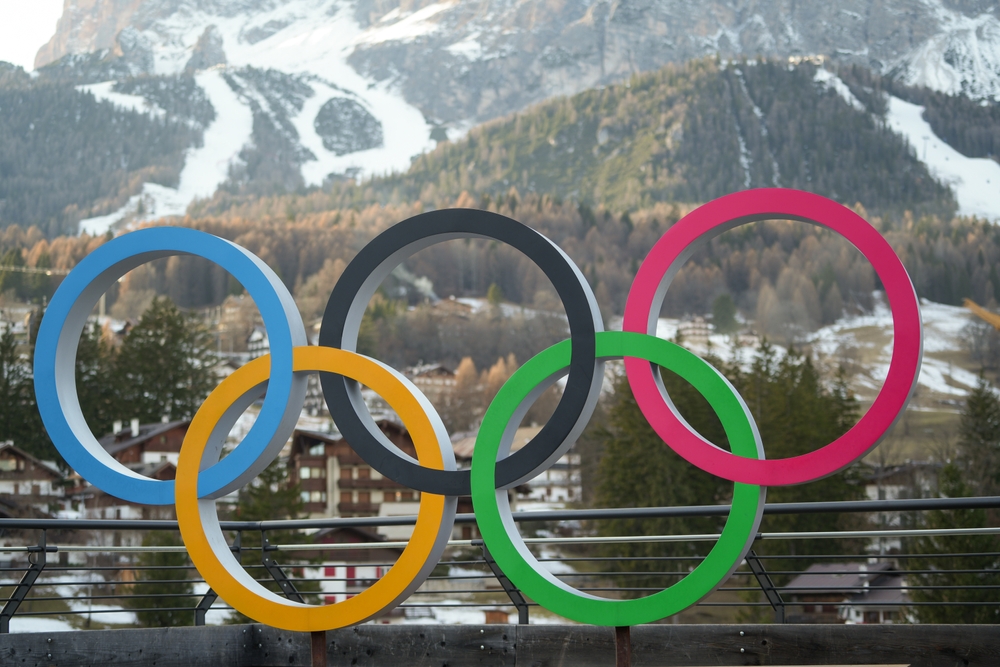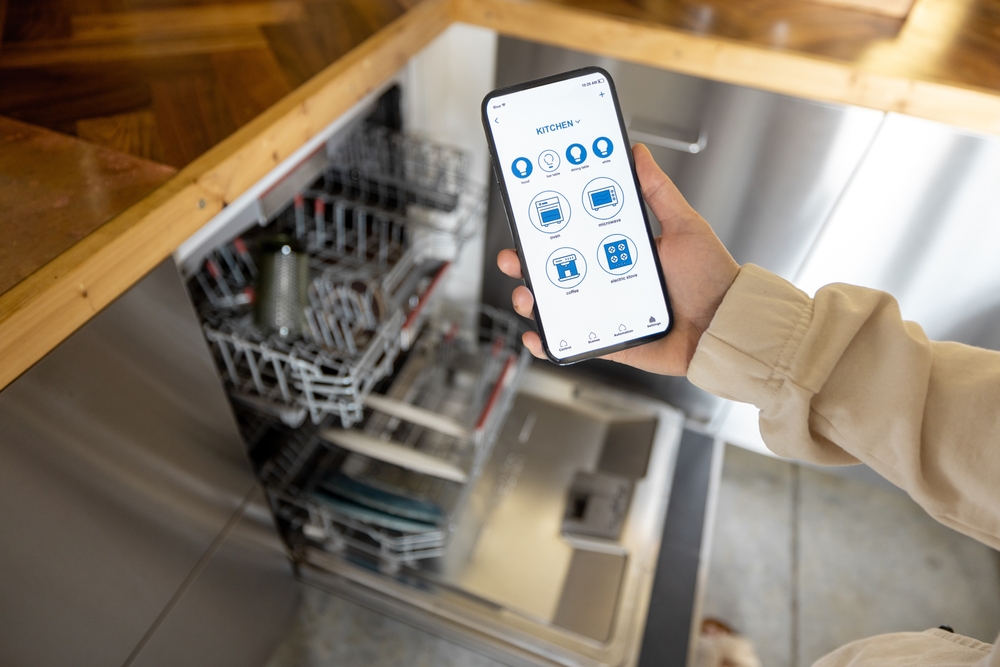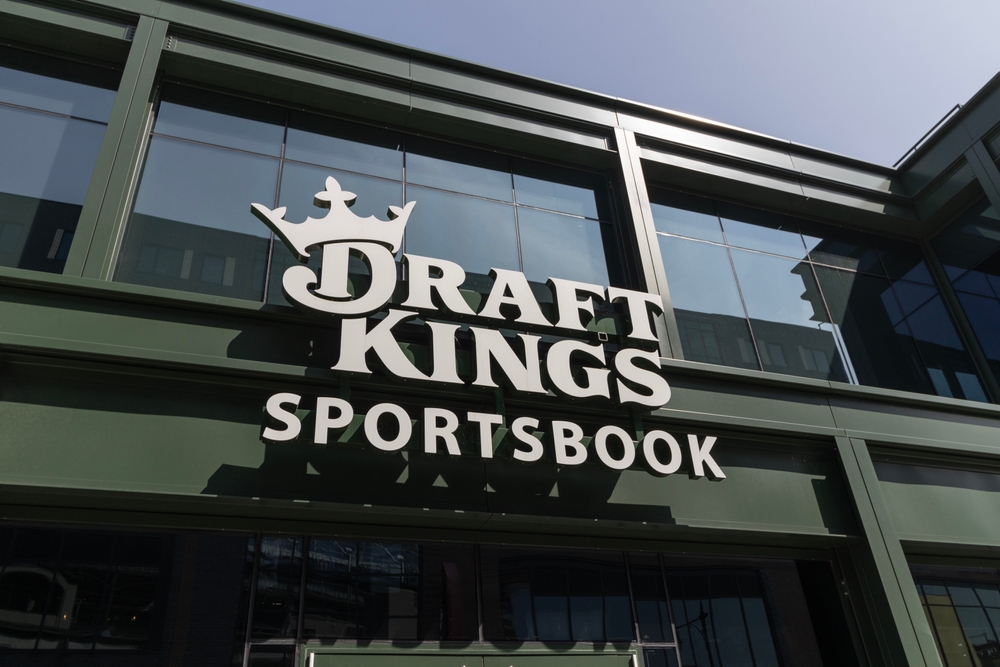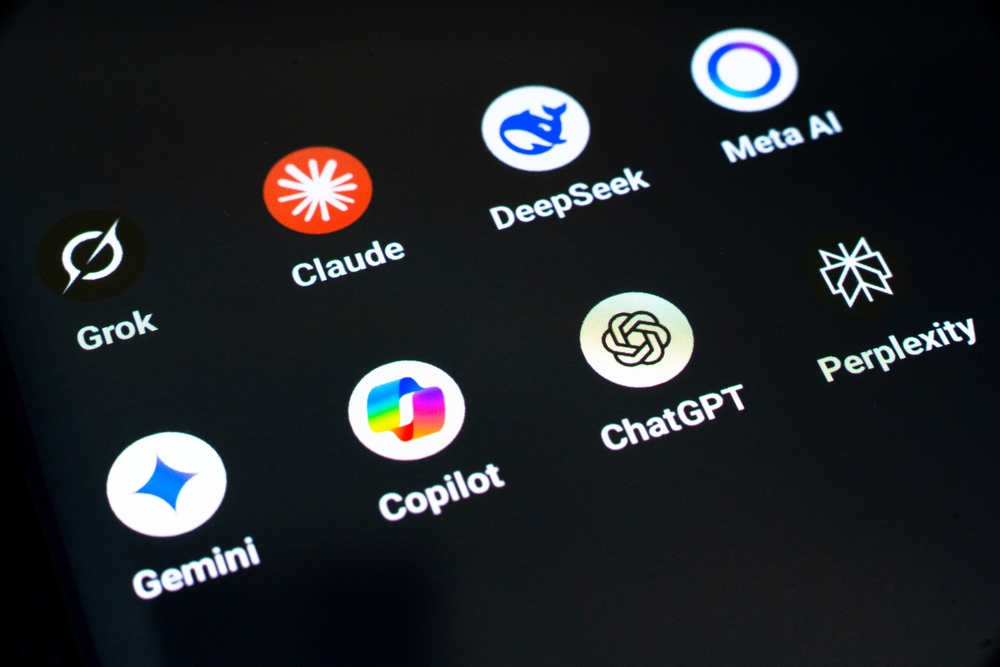What is a download of a mobile app? It is a net-new install of an application on a mobile device, usually a mobile phone. Download and install mean the same thing here. The app is downloaded from an app store like the Apple App Store or Google Play store. These days most apps can be downloaded for free, but there is still a healthy supply of what we call “paid” apps. These apps require a payment to be made before they can be installed on your phone. They typically cost anywhere from $0.99 to $9.99.
As one of the most reported metrics in business news articles, many assume downloads are the single best stat for a mobile app, and that understanding an app’s downloads is the key to understanding its performance. While downloads are vital to know, they are only one piece of the puzzle.
Analyzing downloads alone would be unwise. What I’m saying is, they’re all pasta and no sauce. On their own, they lack comprehensiveness and depth. A download is to app metrics as the California roll is to sushi. It’s an inviting and easy to understand item but there’s so much more to explore. Downloads, like the California roll, are an ambassador.
What are app downloads good for measuring or understanding?
I like to think of a download as the first conversion for a mobile app. A person has crossed a threshold and taken an action by clicking to install the app onto their personal mobile device.
Downloads are a great way to understand a company’s ability to attract new users because each download can be treated as a new user to the app/platform. These new users now represent the potential for revenue generation. They may help the app monetize by viewing advertisements within the app or by purchasing a product or service.
Downloads are most important to know when the goal is to understand how many new users/potential customers an app or company is gaining. This might be the case when a company wants to launch a new marketing campaign geared toward acquiring new customers.
The company should research similar campaigns run by competitors to create benchmarks around how many downloads their competitors received. From there, the company can determine the potential success of their campaign, and/or try to avoid any pitfalls their competitor might have experienced.

For me, I love to analyze recently launched apps by way of downloads, especially if it was a highly marketed launch, like Nintendo’s Mario Kart Tour. How do these compare to previous competitor launches? What is the trend line like after one week, one month, three months, etc?
What are app downloads not a good measurement for?
Downloads do not provide information on existing users, i.e. users who have downloaded the app previously. Downloads are not indicative of actual app usage.
Any time a company is running a re-engagement campaign or has changed its user interface/experience, you will want to look at various engagement metrics to understand what impact those things have had. These performance metrics include user sessions, daily active users, monthly active users, engagement index, average sessions per user, average session time, user retention and more.
For example, in early 2018, Snapchat had a major user interface redesign. A major tech publication used downloads to show the impact the user interface was having. However, the people downloading the app at that point had never experienced the old design and it is very unlikely they were compelled to download the app based on a user interface change.
What the publication should have done was looked to see if daily active users, sessions per user, and average session time had increased or decreased. This, combined with reading user reviews, would have provided a clear understanding of how Snapchat’s users reacted to the changes made.
If someone downloads an app, deletes it, then downloads it again, would that count as two downloads?
No. At least not in the way app intelligence providers like Apptopia define downloads. Downloads are net-new installs. The app stores also do not count re-downloads as downloads for their ranking algorithms.
Downloads are tied to unique user IDs so someone would need to get a new one or a second one for a download of a mobile app to be counted more than once for them. In most situations when people change or upgrade their phone, they roll everything over and keep the same user ID.
Looking at the App Store top charts or Google Play top charts, can I assume that when an app is listed above another app that it is getting more downloads that day?
No. App store ranking algorithms take more than the number of downloads into account. We have another article where you can learn more about how store ranks work.
If I live in one country and vacation in another where I download an app, does that impact the app’s rank in my home country or the one I am visiting?
Even when traveling, your app store will remain the same and so downloading an app will still impact the app’s rank in your home country. You can manually change your store country in your settings but this will not be done automatically when crossing borders.
Every country has its own top charts for the iOS App Store and Google Play store. There may also be different apps available for download as app developers can designate which countries their apps are available in.
Which apps are the best at bringing new users to the table?
Every year, Apptopia publishes the most downloaded apps across the world and the United States. You’ll notice many of these top apps are your Facebooks and your Netflixes and your Google Maps. These are powerful brands with powerful everyday use cases that continue to attract users. Still, every year there are also newcomers that surprise us with great user demand.
See how we used downloads in our analysis
of McDonald’s




